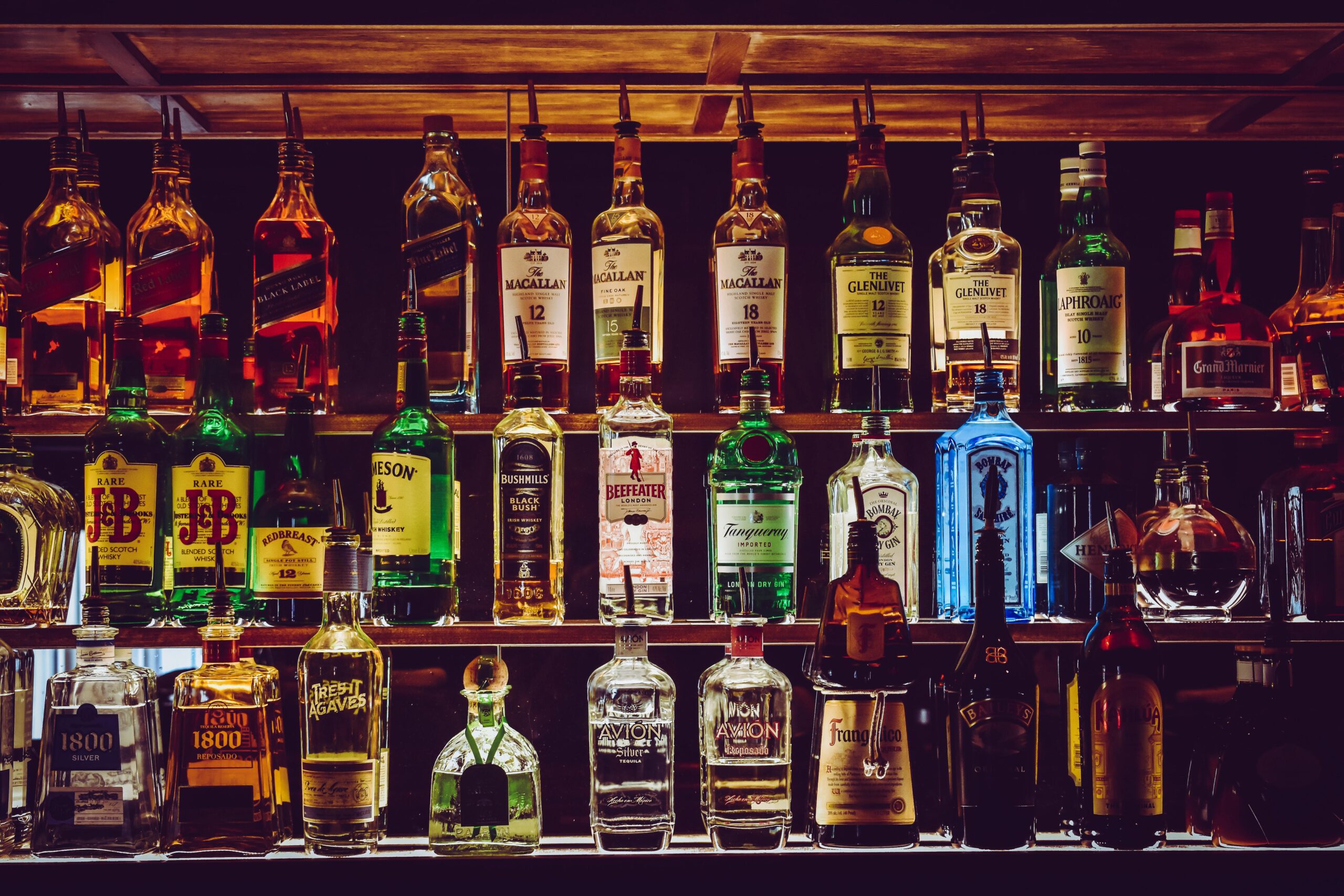In Ontario, the sale and service of alcohol are tightly regulated. While liquor licenses allow businesses to participate in this industry, violating the Liquor Licence and Control Act (“LLCA”) or related regulations can lead to serious consequences. A bar, nightclub, or restaurant charged with a liquor licence violation may face fines, licence suspensions, or revocation.
This blog post examines common liquor license offences and explores various defence strategies corporations can employ to protect their licences and their business.
Liquor Licenses and Permits in Ontario
In Ontario, the Liquor License and Control Act requires every transaction involving the sale and/or service of alcohol to be authorized under a permit or licence. Different categories of licences and permits are available, each accompanied by its own conditions that may extend beyond the scope of liquor sales and service. Additional considerations such as land use and zoning conditions, safety considerations, and prevention of the sale of liquor to minors and intoxicated patrons may also be addressed under a particular licence.
Liquor licence and permit holders are required to adhere to various responsibilities to maintain their licence or permit, including:
- Serving and selling alcohol responsibly;
- Ensuring proper identification of patrons before selling or serving alcohol;
- Adhering to advertising and promotion regulations; and
- Maintaining accurate and detailed records that may be inspected by the Alcohol and Gaming Commission or other authorities at any time.
Types of Licenses and Permits
There are several types of liquor licences and permits available, including:
- Retail Sales Licence: Any business that sells alcohol to the general public for consumption off the premises (such as a liquor store or grocery store) must obtain a retail sales licence.
- Licensed Establishment: Any nightclub, bar, nightclub or other establishment that sells alcohol for consumption on the premises must hold this licence.
- Special Occasion Permit: A special occasion permit is a temporary licence that is required by an individual or organization planning to host a special event (such as a charity event or private event) where alcohol will be served.
Offences Under Ontario’s Liquor License Act
Ontario’s Liquor License and Control Act is provincial legislation that regulates the sale, service, and delivery of alcohol in the province by outlining the rules for the responsible provision and consumption of alcohol. It also sets out the requirements for obtaining and maintaining a liquor license and provides guidelines for enforcing the law.
Enforcing the Law
The Alcohol and Gaming Commission of Ontario (“AGCO”) was established to enforce these laws and is the group responsible for overriding the granting, revoking, and suspending of liquor licences. The AGCO carries out inspections across the province to ensure legislative compliance. It holds the authority to prosecute violations involving the sale and service of liquor and can impose sanctions on liquor licence and permit holders who fail to comply with the Liquor Licence and Control Act.
Common Liquor License Offences
Common examples of liquor licence offences include:
- Selling or serving liquor to a minor
- Failing to comply with staff training requirements
- Serving alcohol outside of authorized hours
- Serving alcohol to an intoxicated, or apparently intoxicated, individual
- Failing to prevent disorderly conduct and violence on the premises
It is also important to note that making false statements or providing false information about a liquor licence or permit carries severe penalties.
Penalties and Consequences
Liquor licence violations carry with them serious penalties and consequences. Depending on the particular offence, licence and permit holders may face fines of more than $100,000 for individuals and $250,000 for businesses if it is found that they failed to comply with the legislation. Further penalties such as licence suspension or revocation may be imposed and, in some cases, imprisonment.
Defending Against Liquor License Violations in Ontario
The AGCO conducts regular inspections of licenced establishments to ensure ongoing compliance with the Liquor License and Control Act and related regulations. The AGCO may also conduct investigations based on complaints or other information received.
If a licence or permit holder disagrees with a decision or penalty imposed by the AGCO relating to a particular violation, they may be able to appeal the decision. However, the appeals process is complex and requires careful consideration and guidance from experienced legal counsel.
Although facing a liquor licence offence can be concerning, corporations have various defence strategies they can explore.
Establishments are dependent on maintaining a positive public image and reputation. Defending against alleged liquor licence violations requires a strategic and tactful approach. By working with a skilled criminal defence lawyer, those facing liquor licence violations can understand the allegations against them and assess their viable legal options. A criminal defence lawyer will also help develop an effective and tailored defence and may advance evidence-challenging strategies to secure the best possible outcome for any case.
Contact Hicks Adams Criminal Defence Lawyers for Advice on Liquor License Violations in Ontario
If your business or establishment is charged with an offence under Ontario’s Liquor License and Control Act, it is crucial to obtain trusted legal advice and reputation management as soon as possible. The experienced regulatory offence lawyers at Hicks Adams will help you review your legal options, preserve your rights and reputation, and will develop a prudent defence strategy. We work to obtain the best possible outcome and minimize the impact of a liquor licence offence. To learn more about how we can assist you, contact us by phone at 975-1700 (toll-free at 1-877-975-1700) or contact us online.


